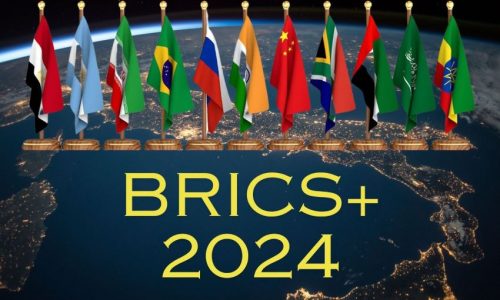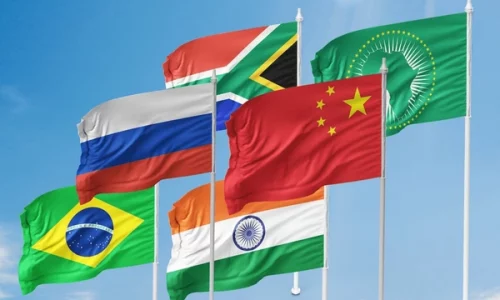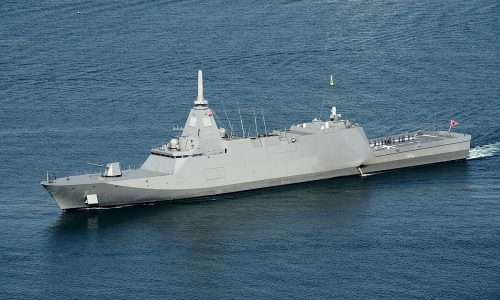The Indonesian government, through the Ministry of Energy and Mineral Resources (ESDM), is exploring collaboration with South Korea regarding the utilization of Carbon Capture and Storage/Carbon Capture, Utilization, and Storage (CCS/CCUS) technology in the oil and gas industry.
Tutuka Ariadji, Director General of Oil and Gas at the Ministry of ESDM, mentioned that Indonesia has set a target for net-zero emissions (NZE) by 2060 or earlier. The government has also developed a roadmap for the energy transition to achieve this goal.
With an ambitious target to reduce emissions, Indonesia is taking various measures, including the implementation of CCS/CCUS technology.
CCS/CCUS involves capturing carbon dioxide (CO2) emissions from fossil fuels and waste, which are then stored underground.
“We target a reduction of emissions by 231.2 million tons of CO2e in 2025, 388 million tons of CO2e in 2035, and 1,043.8 million tons of CO2e in 2050,” said Tutuka on November 29, 2023.
Tutuka mentioned that the implementation of CCS/CCUS technology in Indonesia currently involves 15 ongoing projects spread across the country from west to east, from Sumatra to Papua and are targeted to be onstream by 2030.
The total investment in CCS/CCUS in Indonesia is estimated to reach US$ 7.97 billion or approximately IDR 122.4 trillion. Therefore, Tutuka is ready to open discussions with the South Korean delegation to explore potential cooperation on CCS/CCUS and cross-border carbon collaboration opportunities.
Additionally, Tutuka stated that the Indonesian government has issued regulations, including Ministerial Regulation No. 2 of 2023 on the Implementation of Carbon Capture and Storage, as well as Carbon Capture, Utilization, and Storage in Upstream Oil and Gas Activities.
This regulation covers activities such as capture, transport, injection, storage, and utilization, focusing on oil and gas working areas.
Another regulation is in preparation, namely the Draft Presidential Regulation (Perpres) on CCS outside oil and gas activities. This draft Perpres will govern Business Licensing for Exploration & Operation of Carbon Storage.
The requirements for cross-border CO2 transportation will be covered in government-to-government (G2G) cooperation outlined in international agreements before being executed in business-to-business (B2B) collaboration.
Tutuka emphasized that the implementation of CCS and CCUS technologies will play a crucial role in supporting the energy transition, particularly in industries, power plants, and fuel transformation, which contribute to a peak of greenhouse gas emissions of around 44 million tons of CO2 by 2030.
The Ministry of ESDM has also identified potential locations for carbon emission storage amounting to 12 gigatons of CO2. Two gigatons are located in depleted reservoirs of oil and gas fields, while 10 gigatons of CO2 are in saline aquifers.
A study by the Oil and Gas Testing Institute (Lemigas) indicated that the potential storage of 10 gigatons in saline aquifers is located in West Java and South Sumatra.








